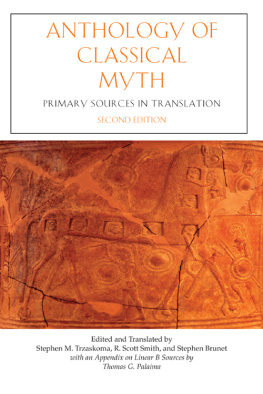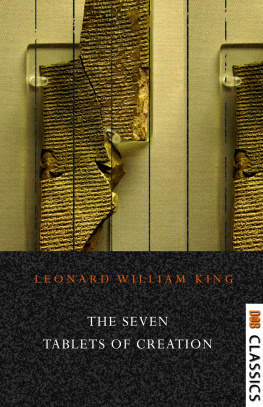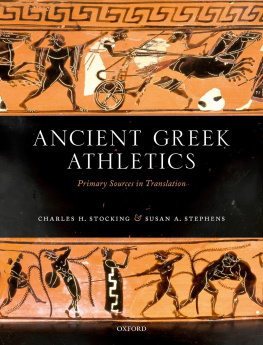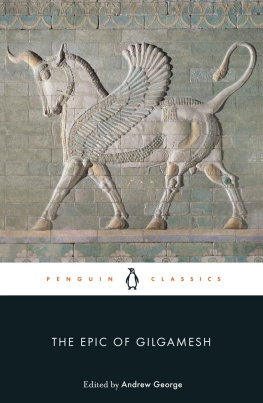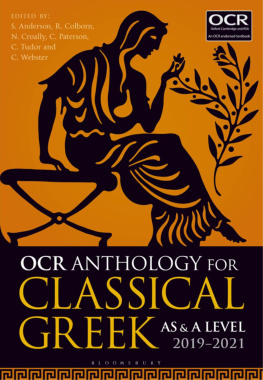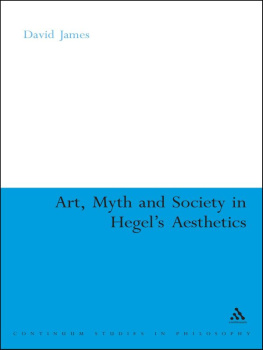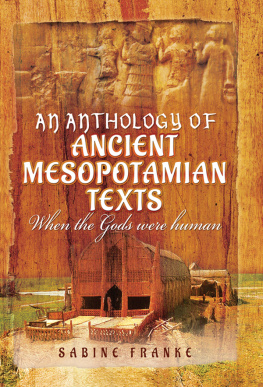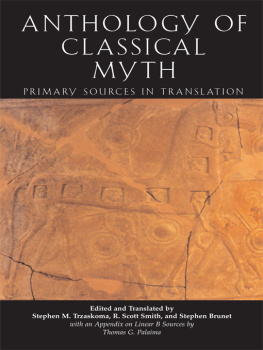
ANTHOLOGY OF
CLASSICAL
MYTH
ANTHOLOGY OF
CLASSICAL
MYTH
PRIMARY SOURCES IN TRANSLATION
SECOND EDITION
Edited and Featuring New Translations by
Stephen M. Trzaskoma, R. Scott Smith, and Stephen Brunet
with Additional Translations by Other Scholars and
an Appendix on Linear B Sources by
Thomas G. Palaima
Hackett Publishing Company, Inc.
Indianapolis/Cambridge
Copyright 2016 by Hackett Publishing Company, Inc.
All rights reserved
Printed in the United States of America
19 18 17 16 1 2 3 4 5 6
For further information, please address:
Hackett Publishing Company, Inc.
P.O. Box 44937
Indianapolis, IN 46244-0937
www.hackettpublishing.com
Cover design by Rick Todhunter
Text design by Jennifer Plumley
Wooden Horse of Troy: detail of a 7th-century BC Greek vase from Mykonos, Greece.
Photograph copyright C. M. Dixon.
Library of Congress Cataloging-in-Publication Data
Names: Trzaskoma, Stephen, editor. | Smith, R. Scott, 1971- editor. | Brunet, Stephen, 1954 editor | Palaima, Thomas G., editor.
Title: Anthology of classical myth : primary sources in translation.
Description: Second edition / edited and translated by Stephen M. Trzaskoma, R. Scott Smith, and Stephen Brunet with an appendix on linear B sources by Thomas G. Palaima. | Indianapolis; Cambridge : Hackett Publishing Company, Inc., 2016. Identifiers: LCCN 2016002493| ISBN 9781624664977 (pbk.) | ISBN 9781624664984 (cloth)
Subjects: LCSH: Classical literatureTranslations into English. | Mythology, ClassicalLiterary collections. | Mythology, Classical.
Classification: LCC PA3621. A585 2016 | DDC 880/.08dc23
LC record available at http://lccn.loc.gov/2016002493
ePub ISBN: 978-1-62466-586-8
Homer, The Essential Iliad. Translated and Abridged by Stanley Lombardo. Introduction by Sheila Murnaghan.
Homer, The Essential Homer. Translated and Edited by Stanley Lombardo. Introduction by Sheila Murnaghan.
Virgil, The Essential Aeneid. Translated and Abridged by Stanley Lombardo. Introduction by W. R. Johnson.
Ovid, The Essential Metamorphoses. Translated and Edited by Stanley Lombardo. Introduction by W. R. Johnson.
Apollodorus and Hyginus, Apollodorus Library and Hyginus Fabulae: Two Handbooks of Greek Mythology. Translated, with Introduction, by Stephen M. Trzaskoma & R. Scott Smith.
Philip Mayerson, Classical Mythology in Literature, Art, and Music.
Hesiod, Works and Days & Theogony. Translated by Stanley Lombardo. Introduction and Notes by Robert Lamberton.
This is a collection of translations of ancient Greek and Roman sources that we have found suitable for teaching classical mythology at the undergraduate level. In that sense, the title is misleading, but Anthology of Stuff That Is Connected in One Way or Another with Mythology in the Ancient World seemed a tad unwieldy to us. It must be stated at the outset that there are literally thousands of pages of such material; we had to choose some five hundred. We have learned from numerous conversations with other instructors that no two are in complete agreement as to what would be most useful. Some colleagues who saw early versions said they would like to have more of the mythographers. Others wanted less of themalthough some wanted to replace them with more literary pieces, while still others preferred more ancient interpretations of myth. One commented that the emphasis should lie in the archaic and classical material written in Greek; two days later, an e-mail arrived from another wondering whether there really shouldnt be more of the interesting later material, especially from authors writing in Latin. Even we three editors often disagreed, and there is much material that one of us would have liked to see included, as well as texts that were included over objections.
In the end our goal became an affordable book that would offer a wide variety of sources set around a core of indispensable texts. First and foremost is Hesiods Theogony, which is a mainstay of every syllabus. Next are the Homeric Hymns, also central texts. For about the same price as our students were spending to get translations of one of these fundamental books, they now get both, with a bonus of hundreds of pages of additional primary material, some of it rarely seen on syllabi.
Most of the translations in this volume are our own. We aimed at accuracy and clarity above all, though we also tried to ensure that more literary authors retained some of their original style intact. Lucian and Ovid, for instance, should not sound much like each other and nothing like Hyginus or a scholiasts crabbed summary of a mythographer. Wherever the Greek or Latin original depends upon particular language, we have tried to make this obvious in one fashion or another. This has, we trust, helped to keep etymology and wordplay as central to the texts in translation as they were to the ancients reading them. As for translations not our own, it was to our good fortune that Hackett Publishing has an excellent catalog, from which we were able to reprint fine versions of several pieces here.
We decided early on that primary sources deserved pride of place in this book. Our introductions are short but, we hope, useful without limiting the options of instructors. Our brevity here was designed to allow us to include as much primary material as possible, but there are other factors too. In our experience, for instance, students often become wedded to interpretations they take from introductions or modern summaries rather than those gotten from a close reading of the texts themselves or from individual instructors. Notes too have been kept to a minimum, /xiv/ particularly in the case of cross-references (the Index/Glossary usually serves usefully in place of these).
We hope that this volume will fill a long-standing need and that its virtues will come through in day-to-day usage. While it will never satisfy everyone in every way, we think that this collection of texts offers teachers of classical myth more options, flexibility, and variety for their classrooms.
PREFACE TO THE SECOND EDITION
The preparation of a second edition of the Anthology of Classical Myth allows us the welcome opportunity to introduce a new appendix that includes major excerpts of important and frequently requested comparative material from the ancient Near East. We are pleased to offer major excerpts of the Epic of Gilgamesh, Atrahasis, Epic of Creation, and Genesis, as well as a brand-new translation of the Hittite Song of Emergence by Scott Smith and our colleague, Gregory McMahon, a specialist in the civilization of the Hittites. In order to make room for these texts without substantially increasing the size of the book, we made the difficult decision to remove a number of Hyginus Stories (Fabulae). We wanted to minimize the changes that instructors would need to make to their syllabi, so we thought it best to remove a large portion of a single author rather than make numerous deletions from the works of many. Another consideration was that all of Hyginus is readily available in Apollodorus Library and Hyginus Fabulae: Two Handbooks of Greek Mythology (Hackett 2007).
We are thankful to Ben Foster, and his publishers CDL Press and W. W. Norton & Company, for allowing us to reprint selections of his translations of
Next page
